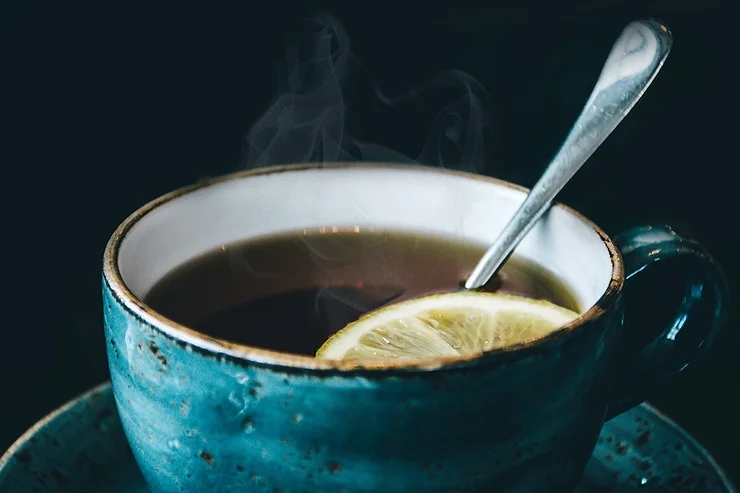Tea is more than just a comforting beverage—it may play an important role in boosting mental health and overall well-being. Studies show that regular tea drinking can reduce anxiety and depression, improve cognitive function, support better sleep, and even promote longevity.
Mental Health Benefits of Drinking Tea
Research consistently links drinking tea with lower levels of anxiety and depression. One study found that people who drink at least three cups of tea daily report significantly reduced symptoms of anxiety and depression compared to non-tea drinkers. Tea’s relaxing properties may help induce full-body relaxation similar to mindfulness or deep breathing exercises.
Teas containing natural caffeine can also improve mood by increasing dopamine levels, which benefits those experiencing depression or low motivation. This makes tea a natural, gentle mood booster.
How Does Tea Improve Brain Health?
Tea is rich in antioxidants and other bioactive compounds that reduce inflammation and protect brain cells. Antioxidants help shield cells from damage, slow aging, and support overall brain function, which can lower the risk of cognitive decline.
In addition to tea, antioxidants are abundant in healthy foods like fruits, vegetables, nuts, and seeds—so pairing tea with a balanced diet maximizes mental health benefits.
Tea, Stress Reduction & Better Sleep
Drinking tea has also been associated with reduced stress and improved sleep quality—both vital for maintaining good mental health. Chronic stress and sleep deprivation contribute to anxiety, depression, and impaired emotional regulation.
Herbal teas containing chamomile, lavender, or melatonin are popular natural sleep aids. Sipping these teas in the evening can create a calming bedtime routine and support restful sleep.
Additional Health Benefits of Tea Drinking
Beyond mental health, tea consumption is linked to a lower risk of heart disease, stroke, and respiratory illnesses—leading causes of mortality worldwide. The combination of antioxidants, anti-inflammatory properties, and moderate caffeine content all contribute to these protective effects.
Understanding Tea’s Caffeine Content
Tea generally contains less caffeine than coffee, making it a better choice for those sensitive to stimulants or seeking to improve sleep. For example:
-
Black tea: ~48 mg caffeine per 8 oz cup
-
Green tea: ~29 mg caffeine per 8 oz cup
-
Coffee: ~95 mg caffeine per 8 oz cup
There are also caffeine-free herbal teas ideal for evening consumption. It’s best to avoid caffeine at least six hours before bedtime to prevent sleep disturbances.
Tea and Weight Management
Green tea, especially its extract form, is widely regarded for its potential in weight loss and metabolism boosting. Caffeine and catechins in green tea may support fat burning, though more research is needed to confirm these effects. Many weight loss supplements include green tea extract for this reason.
Drinking brewed tea is a calorie-free, hydrating way to support weight management goals alongside a healthy lifestyle.
Choosing the Right Tea for Your Health Goals
Many tea brands now clearly label their products with benefits like “immune support,” “stress relief,” “weight loss,” or “better sleep.” This makes it easier to pick teas tailored to your personal wellness goals. Just be mindful of price differences and ingredient quality when comparing options.
Incorporating Tea Into a Mental Health Routine
While therapy, exercise, balanced nutrition, and medication (when needed) remain critical components of mental health care, adding tea to your daily routine can be a simple, enjoyable boost. You don’t have to give up your morning coffee; try incorporating tea throughout the rest of your day to reap its benefits.
Key Takeaways:
-
Drinking tea regularly can reduce anxiety and depression symptoms.
-
Tea contains antioxidants that support brain health and slow aging.
-
Herbal teas promote relaxation and improve sleep quality.
-
Tea drinking is linked to lower risks of heart disease and stroke.
-
Green tea may aid weight loss and metabolism.
-
Choose teas labeled for your specific health goals.
-
Incorporate tea alongside other mental health practices for optimal results.


